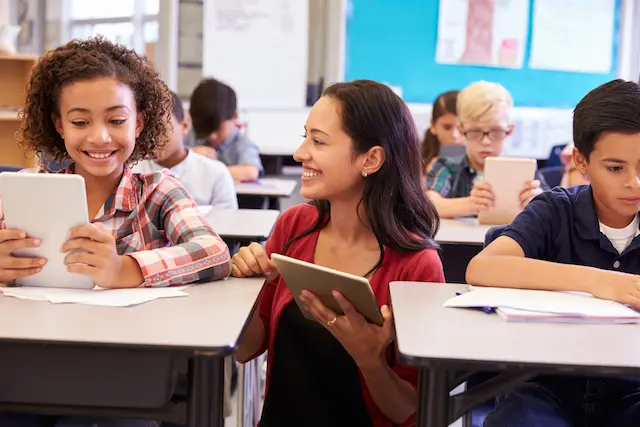Education is an essential aspect of human life that can unlock one’s potential and enable them to achieve their dreams. It is the process of acquiring knowledge, skills, values, beliefs, and habits through various forms of learning, including formal schooling, informal education, and self-education. Education is vital for personal, societal, and economic development, as it enhances human capital, fosters critical thinking, and promotes lifelong learning. This article explores the importance of education, its benefits, and the challenges that hinder access to quality education.
Importance of Education
Education is the foundation for building a better future for individuals, societies, and nations. It empowers people with the knowledge, skills, and attitudes they need to succeed in life and contribute positively to their communities. Education is essential for personal development, as it helps individuals discover their talents, interests, and passions. It also fosters critical thinking, problem-solving, and creativity, enabling individuals to adapt to change, learn from experience, and innovate.
Education is also crucial for societal development, as it promotes social cohesion, tolerance, and respect for diversity. Education can foster civic engagement and democratic participation, empowering individuals to understand their rights and responsibilities, and contribute to the common good. Education can also promote cultural exchange and global awareness, enabling individuals to appreciate different cultures and perspectives and participate in the global community.
Furthermore, education is essential for economic development, as it enhances human capital and fosters innovation and entrepreneurship. Education can create a skilled and productive workforce, attract investment and promote technological advancements, leading to economic growth and prosperity.
Benefits of Education
Education has numerous benefits that can positively impact individuals, societies, and nations. Some of the benefits of education include:
- Improved Quality of Life: Education can improve an individual’s quality of life by providing them with the knowledge and skills to make informed decisions about their health, finances, and relationships.
- Increased Earnings: Education can increase an individual’s earning potential by providing them with the skills and qualifications needed to secure well-paying jobs.
- Better Health Outcomes: Education can lead to better health outcomes by increasing health literacy and promoting healthy behaviors.
- Civic Engagement: Education can promote civic engagement by empowering individuals to participate in democratic processes and contribute to their communities.
- Cultural Exchange: Education can promote cultural exchange by exposing individuals to diverse perspectives and fostering understanding and tolerance of different cultures.
Challenges of Education
Despite the benefits of education, many challenges hinder access to quality education for millions of people worldwide. Some of the challenges of education include:
- Lack of Access: Many individuals, particularly those from disadvantaged backgrounds, lack access to quality education due to poverty, conflict, and discrimination.
- Poor Quality: Even when education is available, the quality of education can be poor, with inadequate infrastructure, outdated curricula, and untrained teachers.
- Gender Disparities: Girls and women, in particular, face significant barriers to education, including cultural norms, poverty, and violence.
- Digital Divide: The digital divide between developed and developing countries is widening, with many students lacking access to technology and digital resources.
Conclusion
Education is a fundamental human right and an essential component of personal, societal, and economic development. It can unlock one’s potential, foster critical thinking, and promote lifelong learning. Despite the challenges, education remains a powerful tool for achieving social justice, promoting equality, and empowering individuals to realize their full potential. It is up to individuals, communities, and nations to invest in education, provide access to quality education, and create an enabling environment that fosters learning and innovation.

